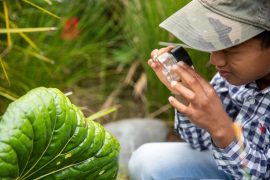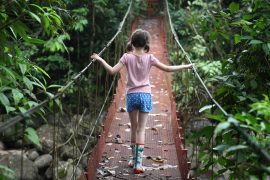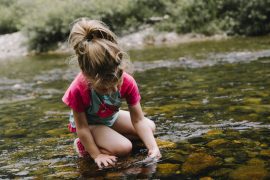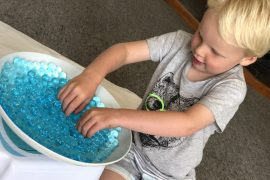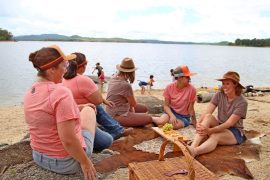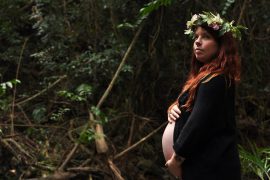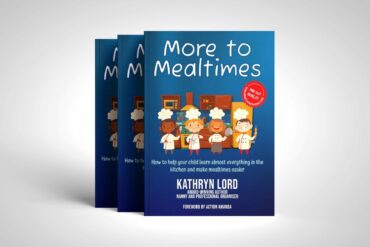By Jane Marsh
Parents teach their children so much before they ever begin grade school. You show them how to walk and talk, but you also instill a set of values similar to your own. This guide will show you how to teach your children about reducing their environmental footprint so they grow into adults who are conscious of how their lives affect the planet.
Beginning lessons like these early on is great because anyone can live a green lifestyle. It’s much more challenging to make the switch after establishing a routine that relied on natural resources for years. Start with these simple steps and your children will give back to the planet as they grow.
Spend Time Outside
Spending time outdoors is the easiest way to teach your children about nature. Create fond memories of playing on swing sets and going for family walks. Bike around the neighbourhood or hike a local trail. When they hear about pollution stealing life from plants and animals, they’ll have a positive emotional attachment to the world and care more about doing what they can to reduce their environmental footprint.
Shop Locally With Them
Older children can accompany you to local shops instead of major chain brand stores. When they reach for toys they like or their favourite foods, explain how the owners made it themselves or bought it from local farms. Otherwise, larger stores would ship products in from around the country or the world.
The U.S. transportation industry alone emits 1.9 billion tons of CO2 each year because the country relies on natural gas for transportation. Your kids will know that what they hold in their hands added little pollution to the atmosphere and feel even more pride in the purchase.
Show Them Pictures
It’s one thing to talk about numbers, but it’s another to see the effects of pollution. Show your kids pictures of visible pollution, like cities with dense smog. Explain how people create smog and how it affects their health. Habits like burning fossil fuels result in respiratory conditions because humans shouldn’t breathe smog.
When kids imagine themselves living under these conditions, it gives them more empathy for the people who do. They’ll grow up with awareness regarding how their fossil fuel dependencies hurt the planet and the people who live on it.


